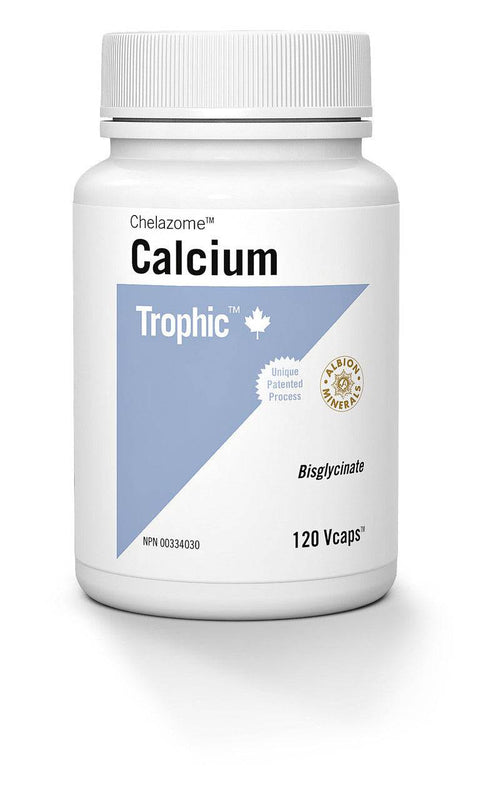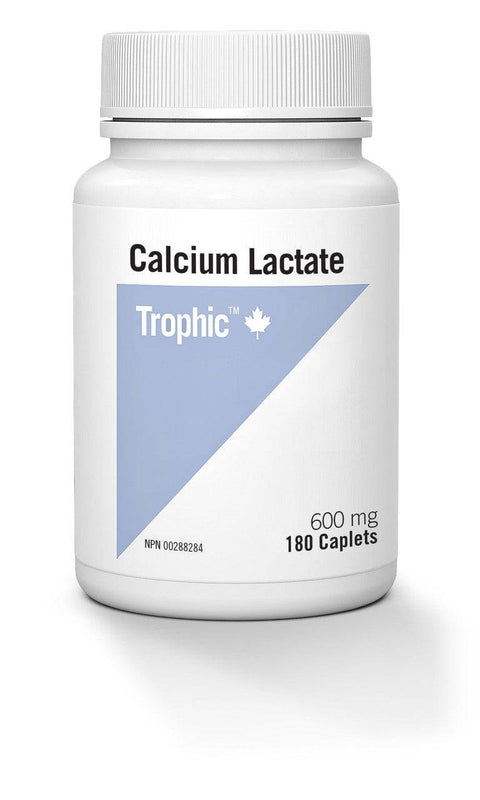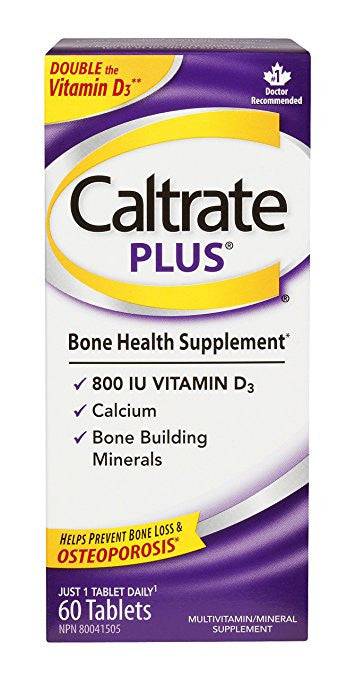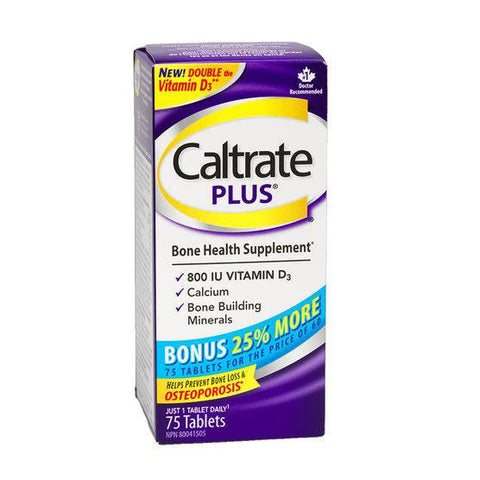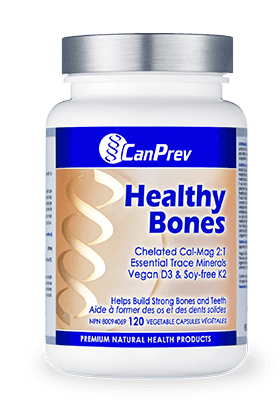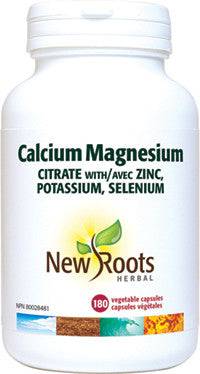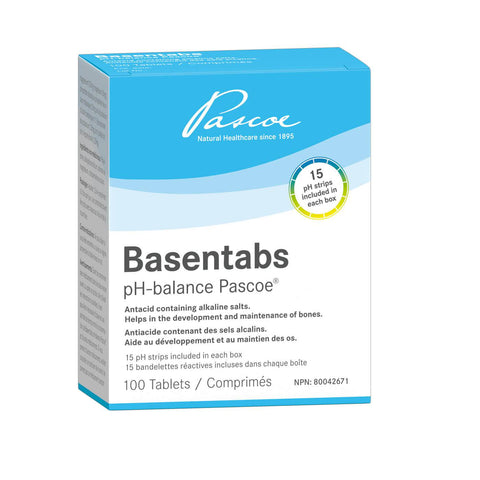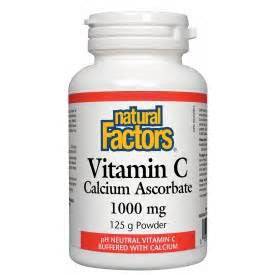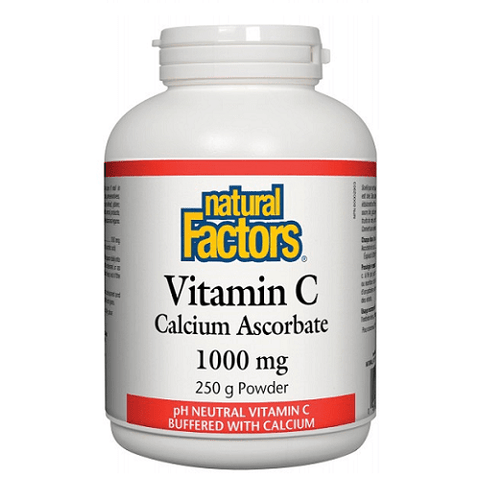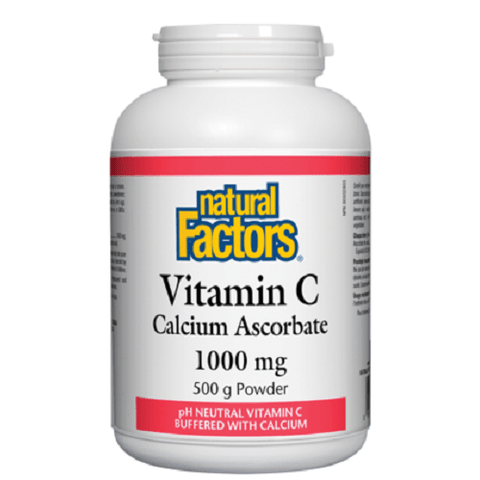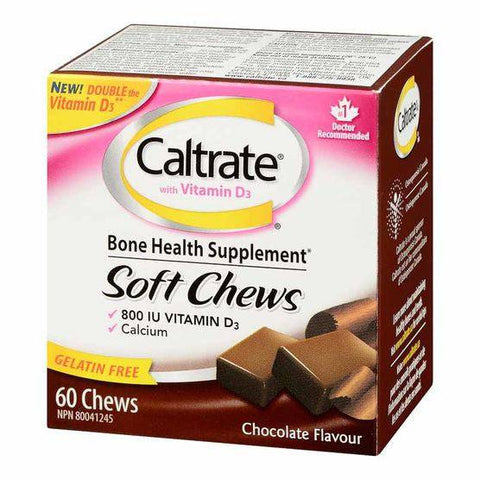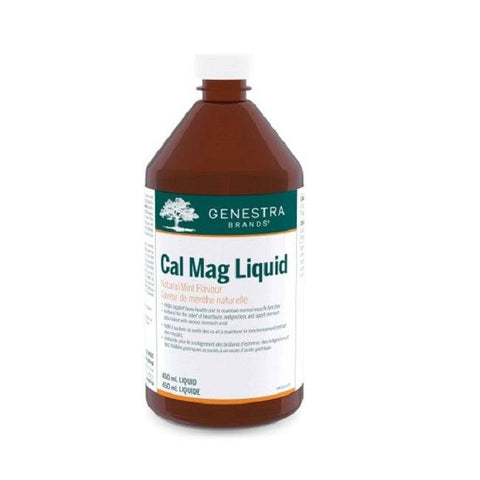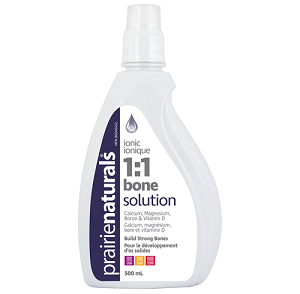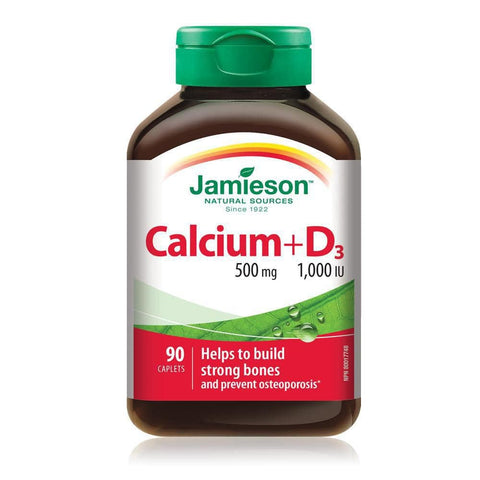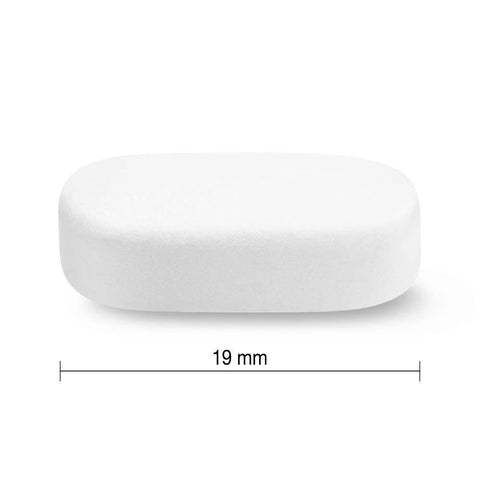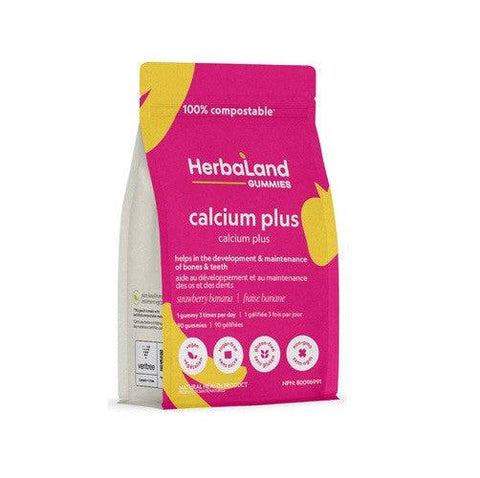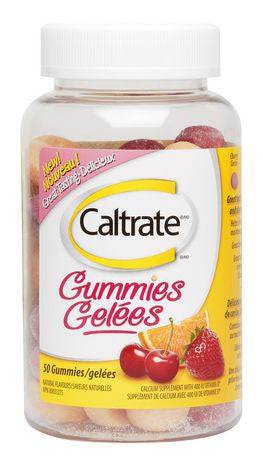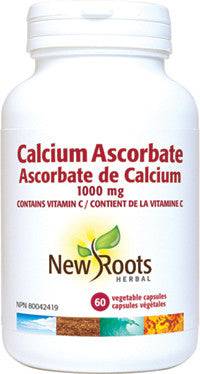Calcium supplements are products that provide concentrated doses of calcium, a mineral essential for strong bones and teeth. They can be helpful for people who don't get enough calcium from their diet or have an increased need for it due to certain health conditions.
Here's a breakdown of calcium supplements:
Forms:
- Calcium capsules: A common and convenient form, easy to swallow.
- Calcium tablets: Another popular option, available in various chewable or regular swallowable forms.
- Calcium powder: Can be mixed into drinks or food, but may have a gritty texture.
- Calcium chewables: Great for children or adults who have difficulty swallowing pills. Often come in flavored varieties.
- Calcium softgels: Similar to capsules but with a liquid center, potentially easier to swallow.
Calcium Sources:
- Calcium carbonate: The most common and affordable form, but absorption can be lower and may require stomach acid for optimal uptake.
- Calcium citrate: Generally well-absorbed and doesn't require stomach acid, making it a good choice for people with low stomach acid or those taking medications that reduce stomach acid.
- Calcium phosphate: Another absorbable form, similar to the calcium found in bones.
- Calcium chelate: Calcium bound to an organic acid for potentially enhanced absorption.
- Calcium lactate: A well-absorbed form, but often more expensive than other options.
- Calcium gluconate: Less common, but may be suitable for people with kidney problems as it's easier on the kidneys.
- Calcium hydroxyapatite: Similar to the form of calcium found in bones, but research on its absorption is ongoing.
Choosing a Calcium Supplement:
- Calcium Dosage: The recommended daily intake of calcium varies depending on age and health conditions. Consult your doctor to determine the right dosage for you.
- Calcium Absorption: Consider factors like calcium source (citrate is generally better absorbed) and whether you have low stomach acid.
- Formulation: Choose a form that is convenient for you to take (capsules, tablets, chewables) and consider potential side effects (carbonate may cause constipation for some).
- Brand Reputation: Look for reputable brands that adhere to quality and safety standards.
Additional Considerations:
- Calcium Bioavailability: This refers to how much calcium your body can actually absorb and use. Factors like vitamin D levels and the presence of other foods in your stomach can affect calcium bioavailability.
- Take calcium with food: Food can improve calcium absorption, especially for forms like calcium carbonate.
- Consult your doctor: Discuss your individual needs and any potential interactions with medications before starting a calcium supplement.




